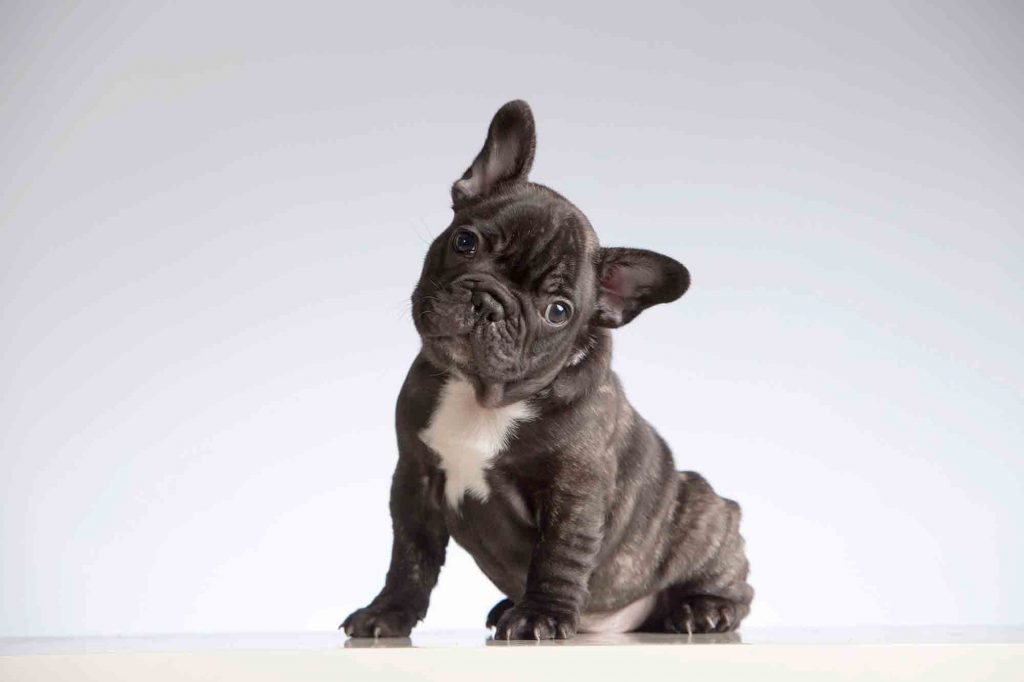Practical Ways to Prevent a Pet Poisoning
Practical Ways to Prevent a Pet Poisoning

No matter how old they get, pets are sort of like human babies. They experience the world through their mouths, and a great many things they try to lick, chew, or consume shouldn’t be anywhere near the floor. Everything from human foods and plants to medications and chemicals can land your pet in the emergency room. Learn how you can prevent a pet poisoning and protect your pet’s present and future.
Plan Ahead
One of the best defenses against a pet poisoning is knowing in advance how to handle an emergency situation calmly and efficiently. Keep our number handy, and call us as soon as you know or suspect your pet ate something toxic.
Remember, never give your pet anything without the advice of a veterinarian.
Subtle Signs
A pet poisoning can be very difficult to detect (unless you find evidence or witness consumption directly). Is your pet suffering from indigestion and fatigue or should you rush them to our hospital without delay? Check for the following signs:
- No appetite (a pretty strong, obvious indicator as most pets relish meal time)
- Vomiting and diarrhea ranging from bloody to yellow, green, or black
- Shallow breathing, heavy panting, or painful coughing fits
- Severe lethargy or inability to stand and move normally
- Excessive drooling
Reason to Worry
Depending on what – and how much – a pet eats, organ failure can be the result of a pet poisoning. Kidney failure is characterized by extreme thirst and excessive urination. Liver failure includes a yellowish color of the gums, weakness, and lethargy. Both conditions involve vomiting and diarrhea and can be diagnosed via advanced diagnostics.
The Usual Suspects of Pet Poisoning
The following items should always be stored in places your pet cannot easily access:
- Human foods that wreak havoc in our pets include avocados, alcohol, macadamia nuts, chocolate, coffee (and anything caffeinated), grapes, raisins, onions, garlic, and Xylitol-sweetened candies or baked goods.
- All medications, including prescription, over-the-counter, and even those intended for your pet, need to be stored securely. Some, such as acetaminophen, NSAIDs, ADD/ADHD meds, and birth control pills can cause more damage than others.
- Stow away harmful chemicals in the garage and garden shed, such as antifreeze, rodenticide, insecticide, fertilizer, cocoa mulch, paint thinner, gasoline, and more.
Keep all chemicals safely stored on upper shelves. If they’re on the floor, be sure they can’t be tipped over and spilled. Bottles of bleach, dish detergent, drain cleaner, and toilet bowl cleaner should only be used when your pet is in another room or outside. Allow all surfaces to dry before inviting your pet back in.
Green Things
There are loads of pet-safe plants you can keep in your garden and home. Never give your pet an opportunity to smell or taste lilies, azaleas, oleanders, sago palms, tulips, and many others.
Consider crate training your pet so you can rest easy when you’re not at home.
If you have additional questions or concerns about how to prevent a pet poisoning this spring, we encourage you to contact us. We’re always here for you and your pet!
